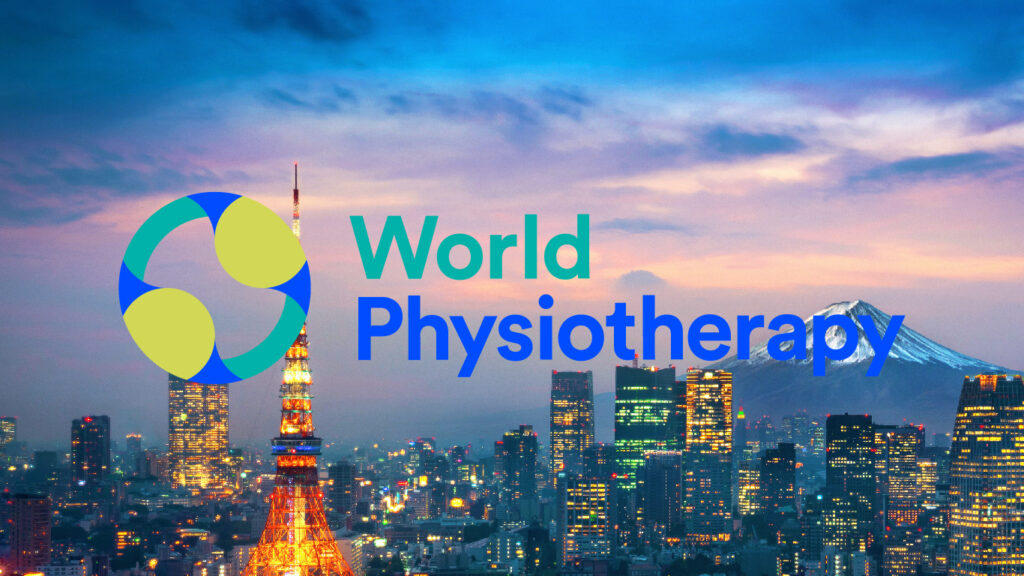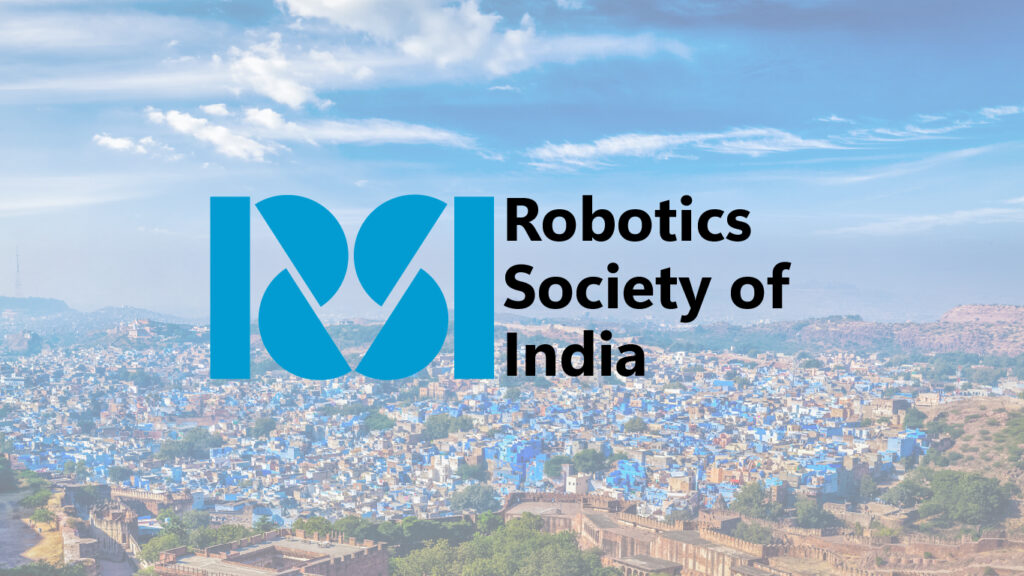Reliable Recording of Muscle Performance in Sports Sciences & Beyond
The growth of higher education in India is ushering a new generation of research. With new perspectives entering the fields of movement sciences, engineering, and neurophysiology, Delsys is hosting a series of workshops around several cities in India.
Workshop Details:
Who Should Attend?
- Students and early-career researchers who have a background in movement sciences or engineering and wish to incorporate physiological sensing into their research should attend to gain valuable knowledge about the benefits of adding EMG to their research protocols.
What is our goal?
- EMG is a rich form of biofeedback that provides a wealth of information to a variety of human-centric applications. These workshops are a means of lowering the barrier of entry to EMG while providing students and early career professionals with a point of entrance specific to their research.
Why is this important?
- Electromyography recordings provide critical insights into neuromuscular function, an insight that can be applied to a large amount of research. EMG data can offer several new avenues of observation into neuromuscular control for researchers, clinicians, and engineers. Our goal with these workshops is to make EMG approachable and implementable for your research.
Course Itinerary
- 09:00 – 09:45 a.m. Introduction to SEMG and its relevance
- 09:45 – 11:30 a.m. Electrode placement and basic recording
- 11:30 – 11:45 a.m. Tea/Coffee break
- 11:45 – 01:00 p.m. Cervical and Shoulder regional Applications; (Lecture/Lab Hands-On)
- 01:00 – 01:30 p.m. Lunch
- 01:30 – 03:30 p.m. Low Back/Hip/Knee regional applications; (Lecture)
- 03:30 – 04:30 p.m. Low Back/Hip/Knee regional applications (Lab Hands-On)
- 04:30 – 05:00 p.m. Review of Assessment and Feedback techniques and Wrap Up
What can you expect to learn?
By the end of the course, attendees will have learned:
- The physiological basis of EMG.
- Advantages and limitations of EMG.
- Basic EMG assessment and feedback techniques through hands-on practice.
- How EMG can be used within movement sciences, engineering, and neurophysiology applications.
Meet our Workshop Leaders!

Director of Business Development

Vice President of Global Sales
Free Registration
*Each workshop will be open to 25-30 attendees




